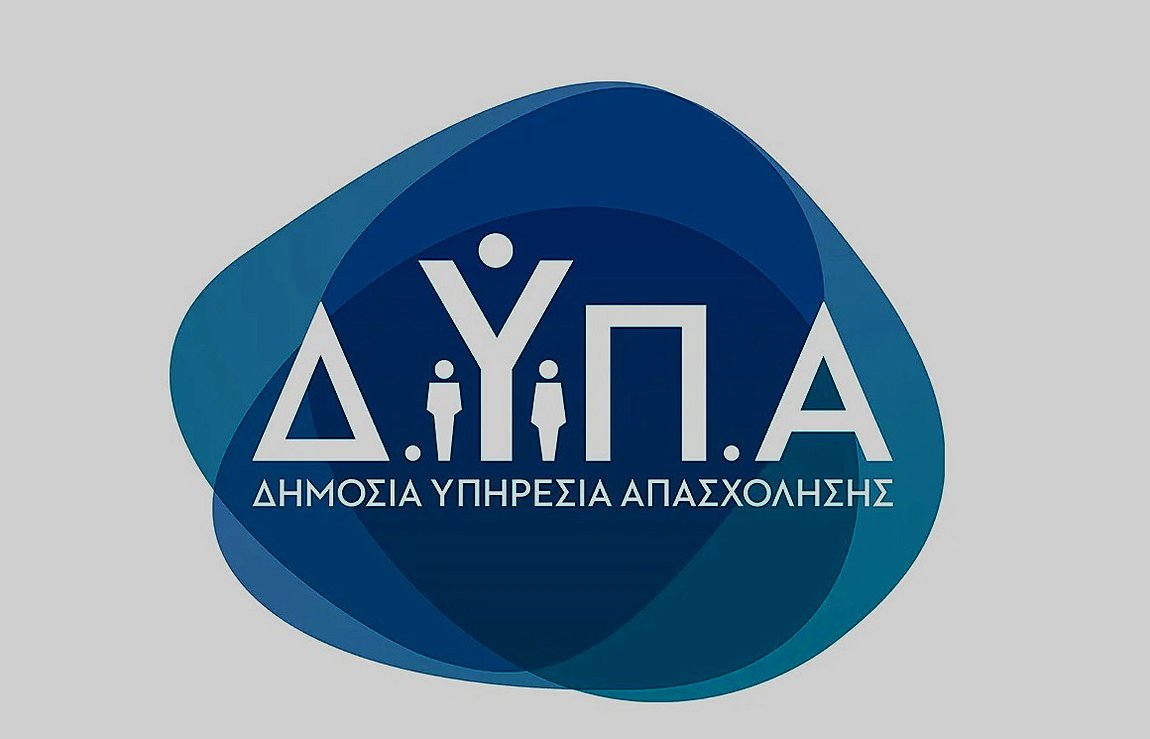
The pandemic has put almost the entire business world in an extremely difficult situation, ειδικά σε τομείς όπως το λιανεμπόριο, ο τουρισμός και οι μεταφορές, αλλά από την άλλη έχει πολλές ευκαιρίες και προκλήσεις σε τομείς που έχει πολλαπλασιαστεί η ζήτηση, όπως τα σούπερ μάρκετ, οι παραδόσεις γενικά και ειδικά αυτές των τροφίμων, οι τεχνολογίες υγείας, the GovTech , Startups κ.α.
Multinationals are facing a huge drop in turnover, while the tourism and transport sectors are even threatened with bankruptcy if this situation continues for more than three months.
Startups are obviously the most affected, being more vulnerable to any changes in the market, especially those in the field of tourism have practically ceased their operations. All kinds of funds, VCs, Corporate and especially those from Angels will be frozen for a long period, reduced and/or disappear.
In an ecosystem like Elliniko that has just managed to get on its feet, the pandemic can prove disastrous, at least for Startups that relied on VCs or partnerships with large companies or with a large drop in sales to more mature ones or those with a global presence.
Εκπρόσωποι του ελληνικού οικοσυστήματος έστειλαν μερικές μέρες πριν μια επιστολή στο Υπουργείο Ανάπτυξης και Επενδύσεων, και συγκεκριμένα στον υφυπουργό, Χρίστο Δήμα, επισημαίνοντας την ανάγκη για ειδικευμένα μέτρα υποστήριξης.
The letter stated that Startups have features such as:
In the first years of their lives they emphasize product development and intellectual property, and not profitability.
They have funds that are sufficient for about 12 months of operation which come from venture capital or from sales they may have and their main expenses are the payroll of young people, mainly highly trained.
Startups will have to double their sizes every year to attract investors which means constant hiring.
He also mentioned that the pandemic has brought about zero or a large drop in turnover which in combination with the freezing of investments will bring with mathematical accuracy the cessation of operations in many Startups in a short time.
The proposals of the letter
- Offer the possibility to put employees on a temporary holiday or part-time work by taking over at least part of the costs by the state for a limited period of time (3-6 months), as an alternative to the redundancies to which startups will inevitably have to resort. In this way, they will be able to maintain the necessary "skeleton" to return dynamically to the market at the end of the crisis, instead of starting again from scratch. For Greece, the German model could be applied as a middle ground (state coverage of 2/3 of the salary reduction).
- Zeroing of insurance contributions for as long as the crisis lasts and until economic activity returns to the economy.
- Interest-free loan with state guarantee for companies whose amount can be linked either to the turnover of the previous year or to the salary cost of the previous year.
Given that the above actions are strictly proposed for start-ups, that is, for companies that need them most, and in order to avoid the inclusion of various random companies that would like to benefit from these initiatives, absorbing capital and resources that they are not entitled to, we propose that the inclusion of companies in these beneficial provisions should not be done on the basis of CAR.
Several companies may be subject to the same CAR, but this does not mean that all of them will face the same problems and most importantly will have the same prospects. The safest way to ensure in the first phase that Startups that really have potential and deserve the support of the state, will be Startups that have received funding from an institutional investor (fund) in the last 3 years.
This criterion ensures that Startups:
This company, at some point in the recent past, went through an evaluation process and some professional investors evaluated it positively for its prospects. This information can be gathered over a day and we can target this specific number of companies.
The companies in which the most resources have been invested, so more jobs and capital are at stake, will have priority.
In a later phase, the number of companies belonging to structures (incubators, accelerators, etc.) could be expanded to help a greater number of companies.
The Ministry's response for Startups
As you say in the Ministry's response "The concern of the signatories to deal with the crisis is perfectly understandable, given the particularities of start-ups.
In your letter you refer to two interrelated points:
- Runway (months until available funds run out)
- Access to finance / liquidity with the aim of safeguarding existing jobs as well as the more favourable development of investments through liquidity enhancement.
The State, in the context of protecting entrepreneurship and equal treatment, has shown quick reflexes by legislating a network of actions to protect businesses.
As you will notice, Activity Code Numbers (KAD) are now very extensive and we are almost certain that they cover most Startups. If and when they are not covered, please point them out so that we can forward them to the Ministry of Finance. These measures contribute to the enhancement of liquidity, directly and indirectly, as well as the preservation of jobs by including provisions for VAT payments, EFKA, rents, post-dated cheques, etc.
The following provisions of the State have been launched:
Regarding the possibility of placing employees of these companies on a temporary holiday or part-time employment with the State assuming at least part of the cost for a limited period of time (e.g. up to 6 months):
Special purpose compensation of 800 euros for 45 days and full coverage of insurance contributions, on the nominal salary, for employees-employees whose employment contract is temporarily suspended.
Regarding the zeroing of all insurance contributions for as long as the crisis lasts:
- Possibility of suspending the payment of insurance contributions (employee and employer), payable in April, until 31/10/2020 and installments of certified debts to EFKA until 31/07/2020. The suspension concerns the total insurance contributions of the company's employees
- Possibility of suspending the payment of insurance contributions for freelancers, self-employed and scientists-freelancers, payable in April, in four monthly installments starting from 30/09/2020. For the above insurance contributions, a 25% reduction is possible, if paid on time. Also, suspension of installments of certified debts to EFKA(Social security institution) payable in April until 31/07/2020
Regarding an interest-free loan with a state guarantee for startups companies, as a direct measure to enhance their liquidity, with satisfaction of specific criteria:
The special platform of AADE (myBysinessSypport) has been opened for businesses that will want to register in order to utilize and raise funding through the "repayable advance", totaling € 1 billion. euro. The submission will run from April 2 to 10.
Key features of this initiative:
- concerns businesses with between 1 and 500 employees
- the enterprise should respond to the specific issues of accessibility to finance and credit profile that many small and medium-sized enterprises have
- the financing will be given directly by the state, through Taxis it is characterized as repayable because, either all or part of it depending on the viability of the business, will be returned to the state within the next few years, at an extremely low interest rate
- The funding is five years, with the first year being a grace period and there is no obligation to repay an aid instalment, while the remaining 4 years are the repayment period in equal monthly instalments
- The eligibility of the business will be determined by the course of its turnover in relation to the past in combination with other additional data (through a standardized, automated mechanism) such as tax data and other financial indicators. The amount of aid will be non-deductible, tax-free and non-compensable.
The basic condition is that jobs are maintained.
Also, in the near future, a guarantee fund has been set up in order to address the liquidity crisis with loans to small and medium-sized enterprises - but also large companies - that until the end of 2019 were consistent in their obligations to banks, i.e. they had not experienced a delay of more than three months.
The fund will provide loans of more than EUR 3 billion. euro to companies affected by the coronavirus. The loans will be provided through banks as working capital guaranteed by the Greek State (Development Bank) activated with capital of €1 billion. euros from the NSRF. Their duration will be up to 5 years for fixed-term loans or up to 3 for repayment of the principal at maturity.
At the same time, the European Investment Bank (EIB) through EFSI will channel liquidity of EUR 1bn to increase the guarantee for:
- InnovFin SME Guarantee
- COSME Loan Guarantee Facility
Finally, the EIB is working on a plan of financial instruments - in the medium term - for the affected companies that will be announced within the next few months. Περισσότερες πληροφορίες υπάρχουν για το πακέτο των 40bn που κινητοποιεί η ΕΙΒ.
In conclusion, it is estimated that the horizontal measures taken largely satisfy the affected businesses, including startups. At the same time, the State constantly demonstrates the necessary flexibility and quick reflexes, expanding both the range of affected businesses and the measures to address the challenges.
Also, after the establishment of the Start-up Registry, which we are accelerating, depending on the evolution of the crisis and the capabilities of the national economy, we will be able to examine the extent and cost of any additional actions, without distinguishing between Startups that have already received funding from VCs and those that have not, creating inequalities.
You will also agree with us that even among those that have received funding, there are variations in the financing stage, in the number of employees, in financial figures, etc.
In closing, we are pleased that this direct channel of communication with the wider innovation ecosystem has been opened - even because of the coronavirus - and we assure you that our Ministry remains open to proposals, documented and costed."




